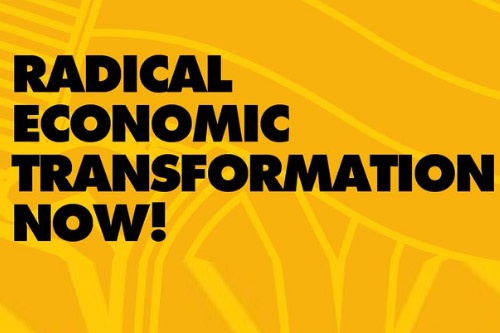We would like to make a substantial donation to make provision for the future of a challenged grandchild. We know that we will have to pay 20% donations tax. However the grandchild is still a minor and the question is, if the money is invested in her name, how will the proceeds be taxed? While she is still a minor will she be regarded as a separate taxpayer or will the proceeds be added to her father’s income for tax purposes?
I would like to start with answering the direct questions in the 2nd paragraph above before commenting on alternative ways of making provision for grandchildren – particularly those that are challenged.
Minors are liable for tax when it comes to income generated from money they inherit or receive as a donation or gift from people other than their parents, a grandparent for example. In this instance, it is the minor, your grandchild and not the donor, yourself, or her father, that will be liable for tax on any interest, dividends and capital gains generated by the investment. If your grandchild’s taxable income is sufficient (T2019: R78 150 for persons under 65)) to make her liable for tax, she must be registered and a return must be submitted on her behalf.
As a professional financial planner, I would like to comment, as I would with all clients, on more than just the direct tax queries. It would be remiss for me not to comment on the possible options to a direct donation to your grandchild. Given that you have said that she is challenged but have not detailed whether this is a physical or mental issue or both, we would advise that you look at a donation to a special trust as an option to gifting or donating directly to her.
SARS may grant special trust status to a trust created for people with special needs, i.e. individuals who have a serious mental or physical disability, and who are not able to provide for themselves financially (this is the so-called “type-A” special trusts).
In your situation, should your granddaughter qualify as a“special person”, a special trust provides yourself and potentially her parents with peace of mind that their child/grandchild will be cared for when they are no longer around to provide care and financial assistance themselves.
In creating a special trust, one can appoint appropriate persons as trustees to manage the financial needs of the special person. The assets or funds in the trust will thus be protected in the best interests of the beneficiary. The special trust therefore provides both stability for the present and protection for the future.
The benefits of special trusts from a tax perspective are that they are taxed as a natural person ranging from 18% to 45% as opposed to the fixed 45% applicable to other trusts.
Other tax benefits of a special trust include:
– The annual and primary residence exclusions for capital gains tax purposes are available to special trusts.
– On disposal of personal-use assets by a special trust, capital gains or losses thereon may be disregarded.
We would recommend that you speak to your tax practitioner or financial advisor as to whether your granddaughter has a “disability” as defined in section 18(3) of the Income Tax Act.
As you have noted in your question, donations tax is payable at the rate of 20% on the value of any gratuitous disposal or “provision” to your grandchild. The same applies to donations to a special trust subject, as with all donations, to the exemptions under section 56. This section provides that the sum of donations by a natural person during a year of assessment, will be exempt from donations tax to the extent that it does not exceed R100 000. So, potential donations from yourself and your wife of up to R200 000 would be exempt.
We would also like to suggest that regular contributions towards your granddaughter’s general care and maintenance and gifting are potentially ways to make provision for her without incurring the donations tax liability of a substantial once-off lump sum provision.




